Evidence
The use of sources within history lessons has consistently been included within the National Curriculum in England and as a specific assessment objective at GCSE and A-level, on the grounds that unless students know how claims about the past are generated and validated within the subject community, they will be poorly equipped to make sense of or to discriminate between conflicting claims about the past. While the use of sources depends on a process of critical evaluation, history teachers and curriculum designers are now very aware of the risks associated with reducing such evaluation to a series of mechanistic formulae in which ‘source work’ is detached from the enquiry process of answering specific and worthwhile questions about the past. The materials in this section help alert teachers to those risks as well as illuminating important misconceptions that may prevent students from developing a more powerful conception of the nature of historical knowledge The resources here offer a range of practical strategies, rooted in academic and practitioner research, for equipping students to use sources of many different kinds as evidence (rather than merely passing judgment on them). Read more
-

Cunning Plan 191: diving deep into ‘history from below’ with Year 8
ArticleClick to view -

Decolonising sources: helping Year 9 pupils critically evaluate colonial sources
ArticleClick to view -
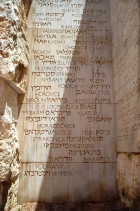
Deepening post-16 students' historical engagement with the Holocaust
ArticleClick to view -

Developing awareness of the need to select evidence
ArticleClick to view -

Developing independent learning with Year 7
ArticleClick to view -
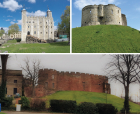
Dialogue, engagement and generative interaction in the history classroom
ArticleClick to view -

Enquiries to engage Year 7 in medieval anarchy
ArticleClick to view -
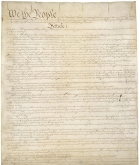
Evidence: Specific examples
ArticleClick to view -

Evidence: Theoretical
ArticleClick to view -

Evidential understanding, period knowledge and the development of literacy: a practical approach to 'layers of inference' for Key Stage 3
ArticleClick to view -
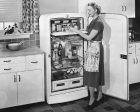
Fifties Britain through the senses: ‘never had it so good’?
ArticleClick to view -

Film: What's the wisdom on... Evidence and sources
ArticleClick to view -

Frameworks for linking pupils' evidential understanding with growing skill in structured, written argument: the 'evidence sandwich'
ArticleClick to view -

Gladstone spiritual or Gladstone material? A rationale for using documents at AS and A2
ArticleClick to view -

Historical learning using concept cartoons
ArticleClick to view -

Historical scholarship, archaeology and evidence in Year 7
ArticleClick to view -

How can students' use of historical evidence be enhanced?
ArticleClick to view -

How do you construct an historical claim?
ArticleClick to view -
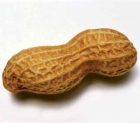
Information and Evidence In a Nutshell
ArticleClick to view -

Inverting the telescope: investigating sources from a different perspective
ArticleClick to view

